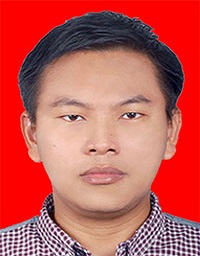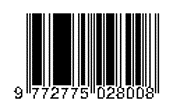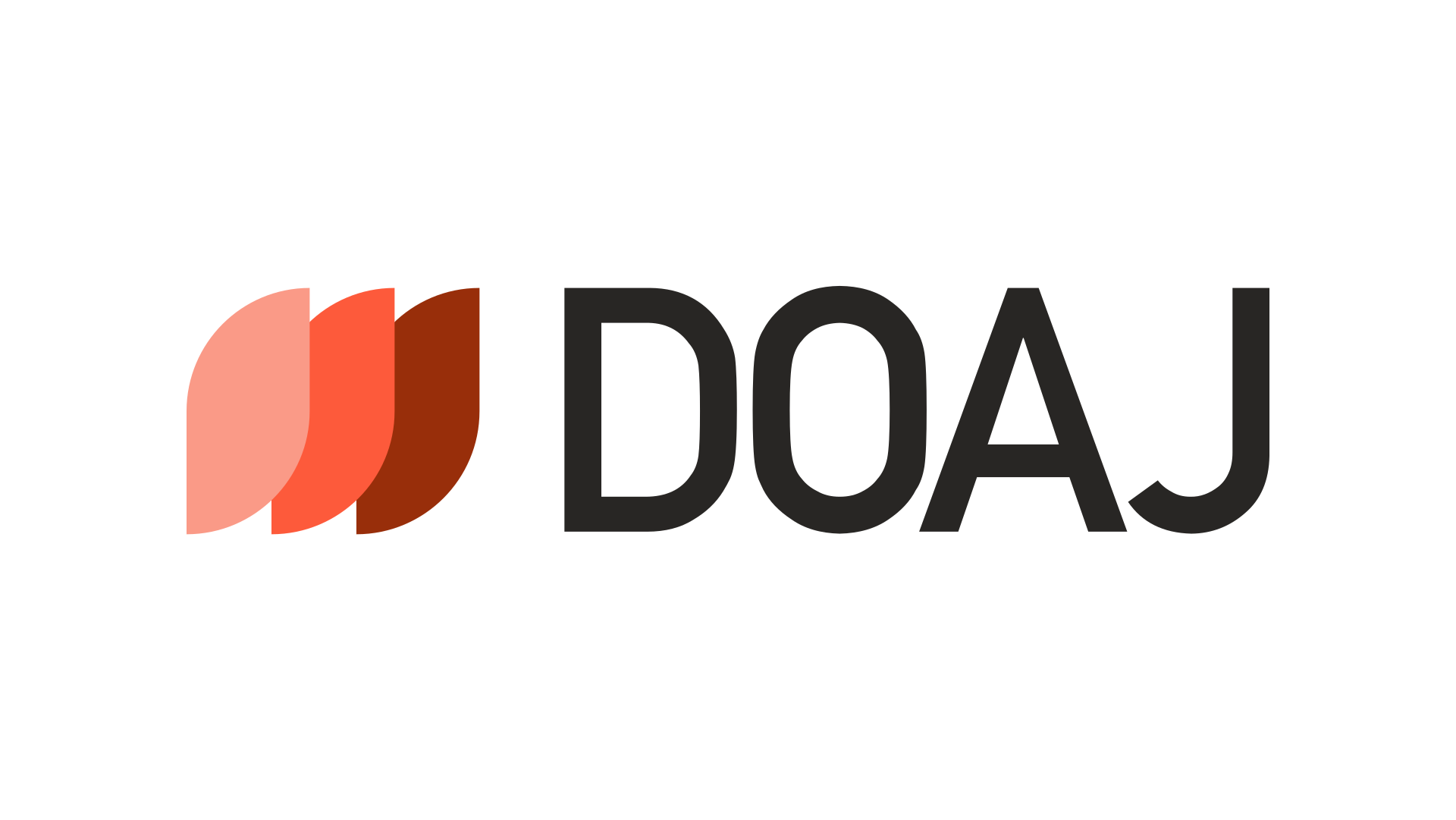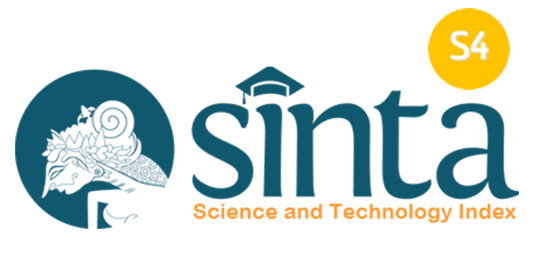THE EFFECT OF BOOKLET MEDIA HEALTH EDUCATION ON MOTHERS’ KNOWLEDGE ABOUT PICKY EATERS OF PRESCHOOL CHILDREN
Downloads
Introduction: Picky eating is a behavior that is difficult to eat in children with a strong tendency to be picky about food, consuming less varied food, limiting intake of certain foods, both familiar and new types of food to try. Good maternal knowledge is needed to be able to deal with picky eater behavior in children appropriately and prevent the picky eater problem from getting worse. Lack of knowledge causes limited information as a reference for action. Health education about picky eaters is carried out as an effort to increase mothers' knowledge about picky eaters. Carrying out health education using booklet media will help receive information about picky eaters more optimally. This research aims to analyze the effect of booklet media health education on mothers' knowledge about picky eaters in preschool children. Methods: This research design uses pre-experimental with one group pre-test and post-test. Using total sampling with a population of 40 respondents. The data collection method uses a questionnaire with 20 question items whose validity and reliability have been tested. The questionnaire is suitable to be used to measure mothers' knowledge about picky eaters in preschool children. Results: The results of the research using the Wilcoxon test obtained sig (0.000) <0.05) which means there is an influence on mothers' knowledge about picky eaters before and after health education. Conclusions: Booklet media health education has a significant effect on mothers' level of knowledge about picky eaters in preschool children.
Asniar, A., Kamil, H. and Mayasari, P. (2020) Pendidikan dan Promosi Kesehatan, Syiah Kuala University Press, Banda Aceh.
Dody Izhar, M. (2017). Hubungan Antara Pengetahuan Ibu Dengan Pola Asuh Makan Terhadap Status Gizi Anak Di Kota Jambi. Jurnal Kesmas Jambi. (JKMJ), 1 (2), 61-74. https://doi.org/10.22437/jkmj.v1i1.6531
Farwati, L. and Ikhsan Amar, M. (2020). Hubungan Pengasuhan, Asi Ekslusif, Dan Pengetahuan Ibu Dengan Picky Eating Anak Pra-Sekolah. Indonesian Journal of Health Development, 2(3), 145-153. https://doi.org/10.52021/ijhd.v2i3.68
Fitriyanti, L. and Sutiejo, I. (2020). Faktor-Faktor Yang Berhubungan Dengan Sulit Makan Pada Anak Usia Pra Sekolah Di TK At Nurus Sholihah Kebagusan Pasar Minggu Jakarta Selatan. Jurnal Ilmiah Kesehatan, 10(1), 58–67. https://doi.org/10.37012/jik.v10i1.17
Herawati, H.D. et al. (2021). Edukasi Gizi Menggunakan Media Booklet Dengan Atau Tanpa Konseling Terhadap Pengetahuan Orangtua Dan Konsumsi Sayur Dan Buah Anak Prasekolah Di Wilayah Urban. Jurnal Gizi Klinik Indonesia, 18(1), 48-58. https://doi.org/10.22146/ijcn.63338.
Iradhah Azzahrah, K. et al. (2023). Hubungan Perilaku Makan Orang Tua Dengan Perilaku Picky Eating Pada Balita Di Posyandu. Window Of Public Health Journal, 4(3), 411-416. https://doi.org/10.33096/woph.v4i3.774
Jamaliah, N. And Hartati, I. (2023) Pendidikan Kesehatan. Penerbit NEM.
Kore, D.M., Dwi Ariesthy, K. and Djogo, H.M.A. (2021). Pengaruh Pendidikan Kesehatan Dengan Media Booklet Terhadap Pengetahuan Ibu Dalam Pencegahan ISPA Pada Balita Di Wilayah Kerja Puskesmas Bakunese Kota Kupang. Chmk Health Journal, 5(1), 227-235. https://dx.doi.org/10.37792/the%20public%20health.v5i1.832
Lilis Maghfuroh, S.K.N.M.K. and Prof. Dr. Harsono Salimo, S.A. (2019). Panduan Deteksi Dini Tumbuh Kembang Anak Prasekolah Usia 3-6 Tahun. CV Pena Persada. Available at: https://books.google.co.id/books?id=IGHFEAAAQBAJ.
Lusiani, E., Prastyawati, I.Y. and Nobita, A. (2021). Efektifitas Pendidikan Kesehatan Dengan Menggunakan Media Booklet Terhadap Tingkat Pengetahuan Ibu Tentang Stunting. Jurnal Ilmu Keperawatan Jiwa, 4(2), 1689–1699.
Muflih, N. et al. (2023) Picky Eater Dan Penanganan Dengan Strategi Kesehatan Komplementer Dan Alternatif. Deepublish.
Notoatmodjo, S. (2018) Metodologi Penelitian Kesehatan. Jakarta: Rineka Cipta.
Notoatmodjo, S. (2019) ‘Pendidikan dan Perilaku Kesehatan. Jakarta: PT Rineka Cipta’, Metodologi Penelitian Kesehatan .
Noviana, U. and Aini, Q. (2020). Hubungan Asi Eksklusif, Pola Makan, Dan Varian Makanan Dengan Picky Eaters Pada Anak Usia 1-3 Tahun Relationship Between Exclusive Breastfeeding (Asi Exclusive), Diet, And Food Variant With Picky Eaters On Children Aged 1-3 Years. Nursing Update, 10(1), 15-26. https://doi.org/10.36089/nu.v1i1.32
Nurmaliza, N. and Herlina, S. (2019). Hubungan Pengetahuan Dan Pendidikan Ibu Terhadap Status Gizi Balita. Jurnal Kesmas Asclepius, 1(2), 106–115. https://doi.org/10.31539/jka.v1i2.578
Nyanyi, M.F.A., Wahyuni, T.D. and AF, S.M. (2019). Pola Asuh Ibu Yang Mempengaruhi Perilaku Sulit Makan Pada Anak Prasekolah (4-6 Tahun). Nursing News: Jurnal Ilmiah Keperawatan, 4(1), 1-10. https://doi.org/10.33366/nn.v4i1.1434
Pramesty, R.A., Yunitasari, E. and Puspitasari, D. (2021). Relationship Between Picky Eating And Nutritional Status In Preschool Children. Indonesian Midwifery and Health Sciences Journal, 4(3), 201–209. https://doi.org/10.20473/imhsj.v4i3.2020.201-209.
Pratiwi, B.R. and Muhlisin, A. (2023). Pendidikan Kesehatan terhadap Tingkat Pengetahuan dan Sikap Ibu Hamil tentang Upaya Pencegahan Stunting. Jurnal Keperawatan Silampari, 6(2), 1779–1788. https://doi.org/10.31539/jks.v6i2.5778
Rahmawati, S., Saraswati, D. and Lina, N. (2022). Pengaruh Pendidikan Kesehatan Dengan Media Flash Card Terhadap Pengetahuan Ibu Hamil Mengenai Pencegahan Stunting. Jurnal Kesehatan Komunitas Indonesia, 18(1), 386–394. https://doi.org/10.37058/jkki.v18i1.4727.
Rida Purnamasari, A. and Adriani, M. (2020) . Hubungan Perilaku Picky Eater Dengan Tingkat Kecukupan Protein Dan Lemak Pada Anak Prasekolah Correlation Of Picky Eater Behavior To Protein And Fat Intake In Adequacy Pre-School Children. Media Gizi Indonesia, 15(1), 31–37. https://doi.org/10.204736/mgi.v15i1.31-37.
Rosdiana, E. et al. (2022). Pengaruh Pendidikan Kesehatan Terhadap Pengetahuandan Sikap Ibu Tentang Gizi Pada Anak Usia 1-5 Tahundi Desa Blang Panyang Kecamatan Seunagan TimurKabupaten Nagan Raya. Journal of Healtcare Technology and Medicine, 8(1), 2615–109. https://doi.org/10.33143/jhtm.v8i1.1991
Rozana, S. et al. (2022) Multimedia Pendidikan Kesehatan dan Nutrisi. Jejak Pustaka.
Sembada, S.D. et al. (2022). Pemanfaatan Media Online Sebagai Sarana Edukasi Kesehatan Pada Remaja: Tinjauan Literatur. Prepotif: Jurnal Kesehatan Masyarakat, 6(1), 564–574. https://doi.org/10.31004/prepotif.v6i1.3110
Setiarsih, D. and Habibi, R. (2020). Hubungan Perilaku Ibu Dalam Pemberian Makan Dengan Sulit Makan Pada Anak Usia 3-5 Tahun. Indonesian Journal of Professional Nursing, 1(2), 1-5. https://doi.org/10.30587/ijpn.v1i2.2288.
Sulaiman, E.S. (2022) Pendidikan dan Promosi Kesehatan: Teori dan Implementasi di Indonesia. UGM PRESS.
Syahroni, M.H.A. et al. (2021). Faktor-Faktor Yang Mempengaruhi Kebiasaan Makan. Jurnal Tata Boga, 10(1), 12–22.
Taylor, C.M. and Emmett, P.M. (2019). Picky Eating In Children: Causes And Consequences. Proceedings Of The Nutrition Society, 78(2), 161–169. https://doi.org/10.1017/S0029665118002586.
Ulandari, A., Fitriyah, E. and Rozi, F. (2019). The Relationship Of Parenting Parents With Difficult Eating Behavior In Preschool Children In Lamongan. Well Being, 4(2), 71-77. https://doi.org/10.51898/wb.v4i2.109.
Wolstenholme, H. et al. (2020). Childhood Fussy/Picky Eating Behaviours: A Systematic Review And Synthesis Of Qualitative Studies. International Journal of Behavioral Nutrition and Physical Activity. 17(2), 1-22. https://doi.org/10.1186/s12966-019-0899-x
Yanti, P.L.M.D.K. et al. (2022). Pengaruh Pendidikan Kesehatan Dengan Media Poster Dan Video Melalui Whatsappterhadap Pengetahuan Ibu Mengenai Stunting. Urnal Ilmu Kesehatan, 11(1), 39–46. https://doi.org/10.32831/jik.v11i1.444
Zahra, A.S., Fitriani, S. and Yogaswara, D. (2021). Perbedaan Pengetahuan dan Sikap Ibu Hamil Sebelum dan Sesudah Menggunakan Media Booklet tentang Stunting. Jurnal Penelitian dan Pengembangan Kesehatan Masyarakat Indonesia, 2(2), 123-128. https://doi.org/10.15294/jppkmi.v2i2.52427.
Copyright (c) 2024 Ajeng Salsabila Putri Kirana, Dadang Kusbiantoro, Harnina Samantha Aisyah

This work is licensed under a Creative Commons Attribution 4.0 International License.
Copyright Notice
1. The journal allows the author to hold the copyright of the article without restrictions.
2. The journal allows the author(s) to retain publishing rights without restrictions.
3. The legal formal aspect of journal publication accessibility refers to Creative Commons Attribution (CC BY).














